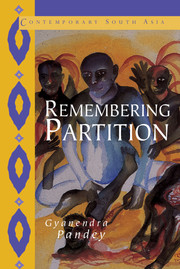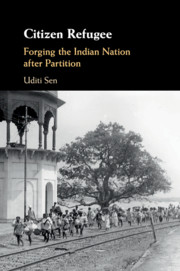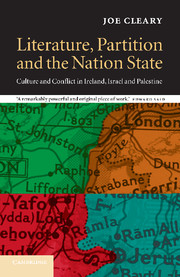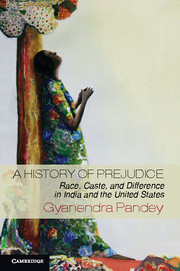Remembering Partition
Through an investigation of the violence that marked the partition of British India in 1947, this book analyses questions of history and memory, the nationalisation of populations and their pasts, and the ways in which violent events are remembered (or forgotten) in order to ensure the unity of the collective subject - community or nation. Stressing the continuous entanglement of 'event' and 'interpretation', the author emphasises both the enormity of the violence of 1947 and its shifting meanings and contours. The book provides a sustained critique of the procedures of history-writing and nationalist myth-making on the question of violence, and examines how local forms of sociality are constituted and reconstituted, by the experience and representation of violent events. It concludes with a comment on the different kinds of political community that may still be imagined even in the wake of Partition and events like it.
- Compelling and occasionally harrowing examination of genocidal violence in the Indian subcontinent
- A critique of nationalism and its historiography
- Written accessibly by one of the foremost scholars in Indian history
Reviews & endorsements
'[Pandey] has produced an important and influential study which will for many years influence the agenda of the 'history from beneath' approach to the history of partition.' The Journal of Imperial and Commonwealth History
Product details
November 2002Hardback
9780521807593
234 pages
229 × 152 × 14 mm
0.48kg
Available
Table of Contents
- Acknowledgements
- List of abbreviations
- 1. By way of introduction
- 2. The three partitions of 1947
- 3. Historians' history
- 4. The evidence of the historian
- 5. Folding the local into the national: Garhmukhteshwar, November 1946
- 6. Folding the national into the local: Delhi, 1947–8
- 7. Disciplining difference
- 8. Constructing community
- Select bibliography
- Index.








